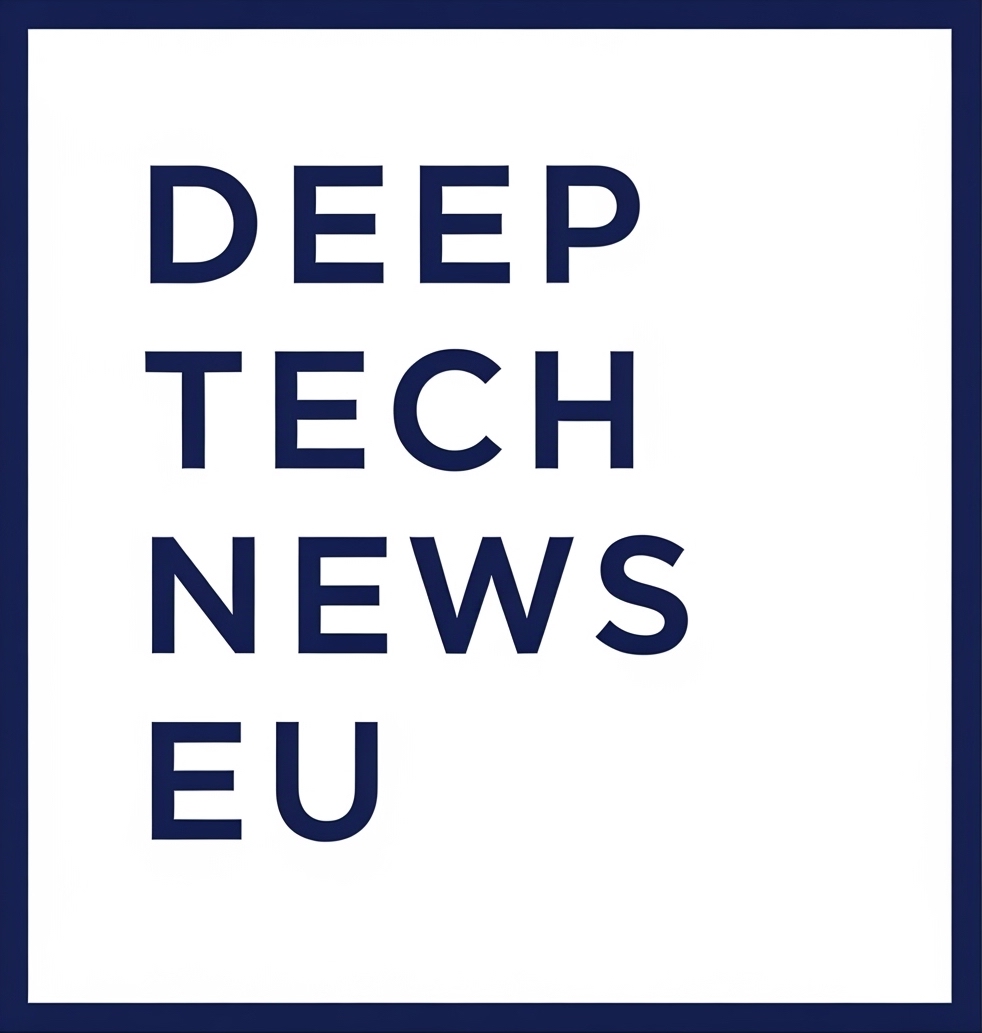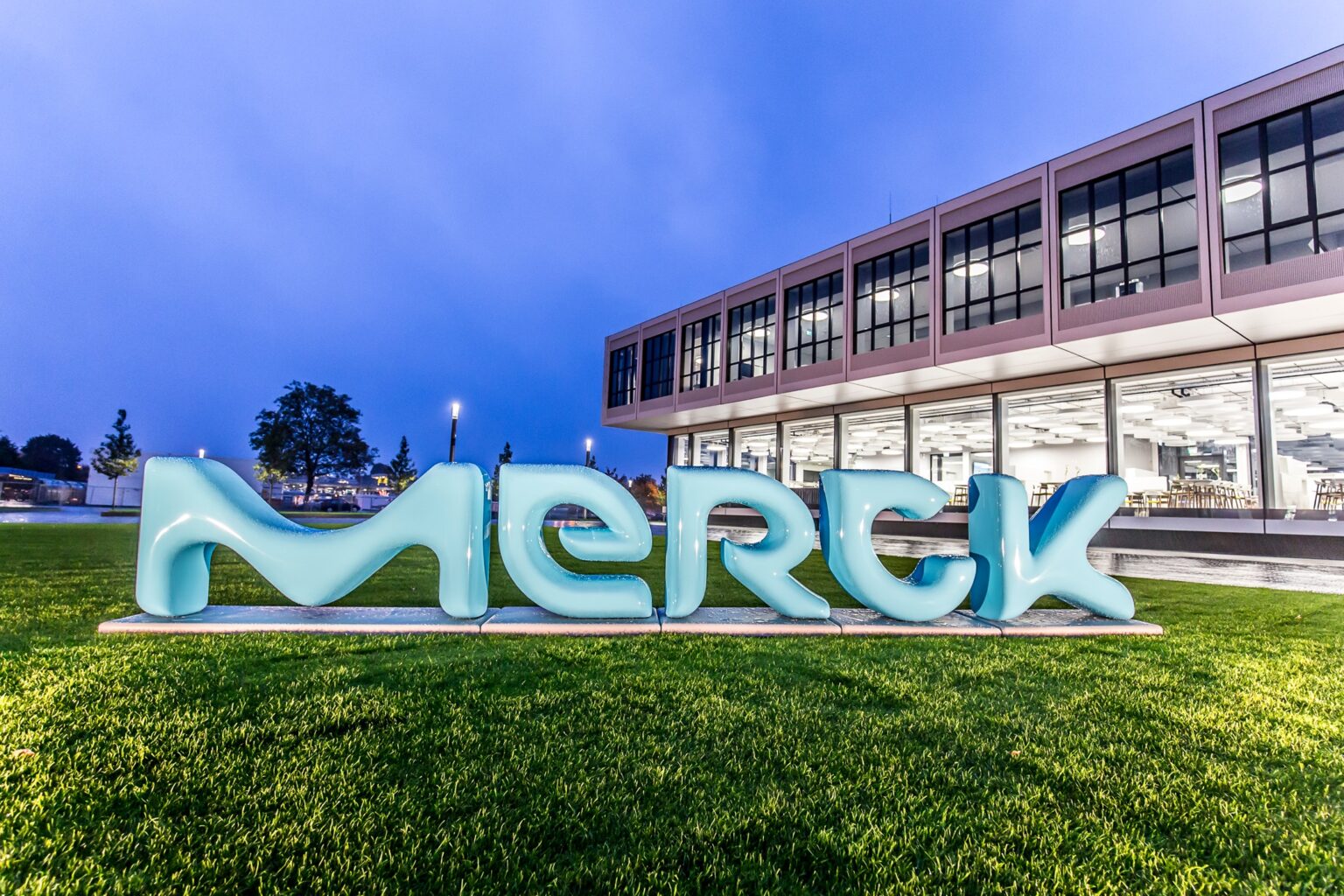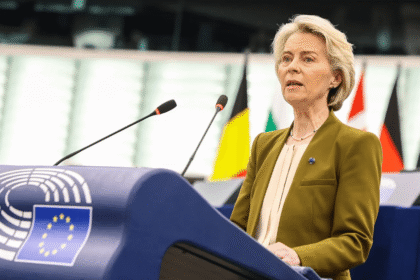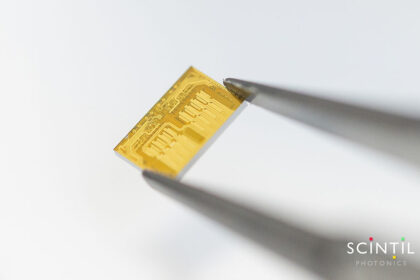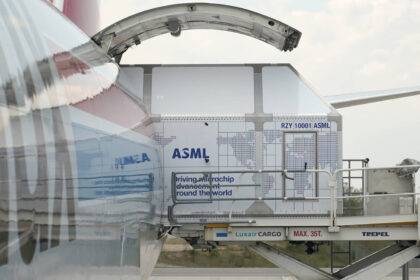Merck has convened leading figures from the semiconductor sector in Darmstadt to explore Germany and Europe’s pivotal role in powering the global chip industry. With deep expertise in materials science, lasers, optics, electronics, chip design software, and smart manufacturing, companies such as Merck, Siemens, Intel, TRUMPF, and ZEISS collectively drive the creation of next‑generation semiconductors, especially those underpinning AI. Europe’s strong R&D ecosystem and innovative prowess provide a solid base for competitive advancement. By collaborating more closely across the entire value chain – from materials and equipment to design and production – European firms can accelerate breakthroughs while satisfying the exacting requirements of chip manufacturing.
“At Merck, we engineer innovations at the atomic scale to create outsized impact,” explained Kai Beckmann, Member of Merck’s Executive Board and CEO Electronics. “Europe’s footprint in semiconductors and AI is far larger than often perceived. Yet to shape the global market, industry and policymakers must unite and leverage our collective strengths.”
This industry alliance, initiated by Merck, calls for a strategic strengthening of Europe’s semiconductor capabilities. Beyond fabrication, priority must shift to upstream segments such as chip design, equipment engineering, and advanced materials. “We must tap into Europe’s hidden strengths to lead the AI revolution,” said Cedrik Neike, Siemens AG Managing Board Member and CEO of Digital Industries. “As a key provider of chip design and industrial software, we support customers from initial design through high‑tech production to AI‑driven applications.”
Despite these assets, Europe currently lags in cutting‑edge semiconductor production and AI‑enabling technologies. Expanding local manufacturing capacity will require bolstering regional demand, addressing talent shortages, upgrading infrastructure, and reforming economic conditions, ranging from competitive energy pricing to streamlined regulations and faster permitting.
“Intel is sharing its technological expertise to accelerate Europe’s digital transformation alongside industry, academia, and government,” noted Sonja Pierer, Germany Country Manager for Intel Corporation. “We aim to tailor pioneering solutions that foster a resilient, innovative, and sustainable chip ecosystem in Europe – enhancing competitiveness, independence, and supply‑chain security.”
Berthold Schmidt, CTO of TRUMPF, added: “Our high‑power lasers and plasma‑process electronics have fueled the semiconductor industry for years. European policymakers must maintain an industrial‑friendly agenda to preserve global leadership. By partnering with equipment makers, materials specialists, and chip designers, we can advance Europe’s technology leadership and set worldwide standards.”
Thomas Stammler, CTO of ZEISS Semiconductor Manufacturing Technology, concluded: “ZEISS optics are used in roughly 80 percent of microchip production globally, placing us at the heart of digitalization. Moving forward, interdisciplinary teamwork will be essential to conquer the complexities of modern chip development and fabrication.”

